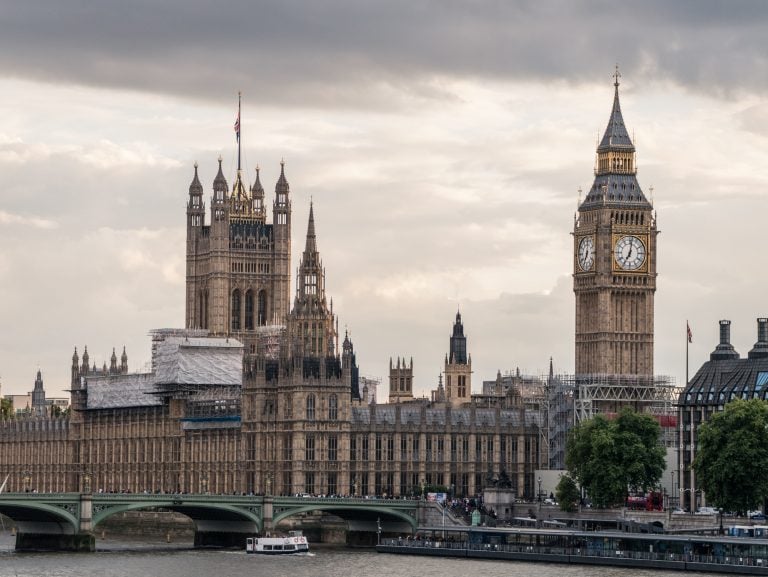UKGBC Responds to BEIS Consultation on a Future Trajectory for Non-Domestic PRS Minimum Energy Efficiency Standard

Jenny Holland, Public Affairs and Policy Specialist at UKGBC said:
“We welcome the opportunity to respond to this consultation. The Non-Domestic Minimum Energy Efficiency Standard has started to be a key driver of energy efficiency improvements in the privately rented sector, particularly among landlords with larger property portfolios. In contrast to the residential sector, most non-domestic landlords have been enthusiastic about the MEES since the Energy Act was first passed in 2011. They accepted from the early days that a trajectory for tightening MEES was both inevitable and desirable. We therefore welcome the key consultation proposal to introduce a trajectory for increasing the MEES to EPC Band B by 2030. In order to ensure that the necessary improvement works are undertaken – and emissions savings are achieved – well in advance of 2030, phased milestones to 2030 are preferable to a single backstop date.
“There are clear problems with enforcement that need to be addressed urgently if the MEES is to work as effectively as it should. Consideration should also be given to the introduction of a longer payback test to take account of increasing costs of measures and longer payback periods as the Band B target draws nearer. More broadly a range of attractive financing options and incentives – such as variable business rates and the reintroduction of enhanced capital allowances – needs to be put in place to ensure early action and the buy-in of landlords across the entire sector.”
Read UKGBC’s full consultation response here.
Related
UKGBC announces new Solutions & Innovation Advisory Group

UKGBC Responds to the Government’s new Biodiversity Net Gain Proposals

UKGBC launches new initiative to scale sustainable solutions for the built environment

UKGBC launches consultation on Nature-Positive Framework Definition for the Built Environment

